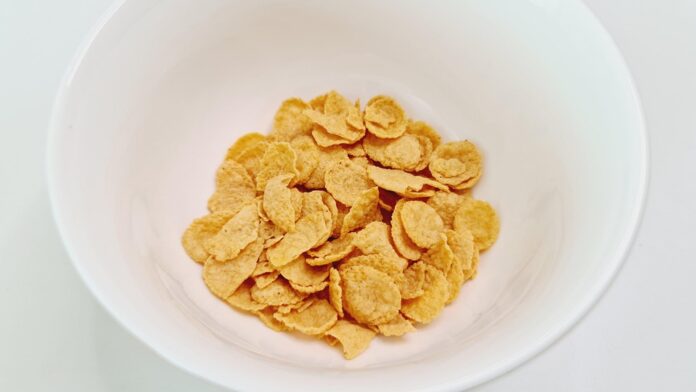The Rise of Cornflakes as a Breakfast Staple
Cornflakes have been a breakfast staple in global food markets for over a century. Created by Dr. John Harvey Kellogg in the late 19th century, cornflakes were originally developed as a healthy and nutritious alternative to the heavy breakfasts of the time. Today, cornflakes remain a popular choice for consumers around the world, with numerous brands and varieties available in the market.
A Brief History of Cornflakes
Dr. John Harvey Kellogg, a physician and health advocate, created cornflakes in the late 1800s as part of his work at the Battle Creek Sanitarium in Michigan. He believed that a diet rich in grains and plant-based foods was essential for good health, and cornflakes were one of the products he developed to promote this philosophy.
The Kellogg Company was founded in 1906 to commercialize cornflakes and other cereal products. The company quickly grew in popularity, and by the mid-20th century, cornflakes had become a household name in many countries around the world.
The Global Market for Cornflakes
Cornflakes are now produced by a number of different companies, with Kellogg’s remaining one of the largest and most well-known brands. Other major players in the market include General Mills, Post Holdings, and Nestle. These companies offer a wide range of cornflake products, including different flavors, textures, and packaging options to cater to diverse consumer preferences.
The global market for cornflakes is significant, with millions of boxes sold each year. According to industry data, the market for breakfast cereals, including cornflakes, is expected to reach $43.2 billion by 2025, driven by increasing consumer demand for convenient and healthy breakfast options.
Health and Nutritional Benefits of Cornflakes
Cornflakes are often marketed as a healthy breakfast option, as they are typically low in fat and calories and fortified with essential vitamins and minerals. Many cornflake products are also made with whole grains, which are known to provide numerous health benefits, including improved digestion, heart health, and weight management.
However, it is important to note that not all cornflake products are created equal. Some varieties may contain added sugars, artificial flavors, and preservatives, which can detract from their nutritional value. Consumers should carefully read labels and choose cornflake products that are made with natural ingredients and minimal processing.
Trends and Innovations in the Cornflake Market
In recent years, there has been a growing trend towards healthier and more sustainable food options, including in the breakfast cereal market. As a result, many companies have introduced new cornflake products that are organic, gluten-free, and non-GMO, to appeal to health-conscious consumers.
Additionally, there has been a rise in innovative packaging solutions for cornflakes, such as resealable bags and portion-controlled packaging, to improve convenience and reduce food waste. Companies are also investing in marketing strategies to target specific consumer segments, such as children, athletes, and older adults, with tailored cornflake products.
Conclusion
In conclusion, cornflakes remain a popular breakfast choice for consumers around the world, thanks to their convenience, taste, and perceived health benefits. With a growing market and increasing consumer demand for healthier and more sustainable food options, the future looks bright for cornflake manufacturers. By staying on top of trends and innovations in the industry, companies can continue to thrive and meet the evolving needs of their customers.



